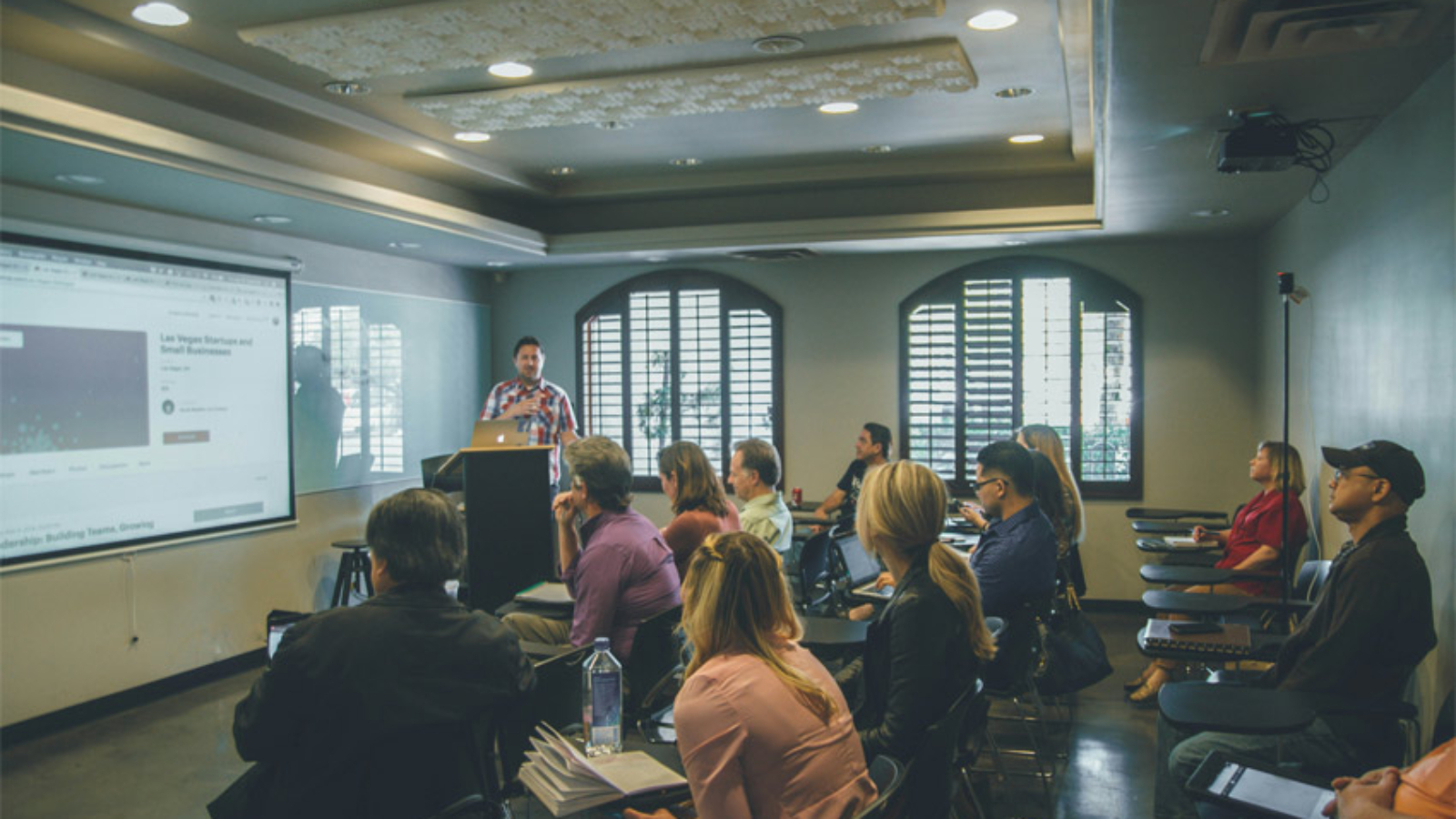Tourism stands as a cornerstone of Greece’s economy, necessitating a robust and adaptive educational framework to meet the evolving demands of the industry. Recent developments indicate a dynamic shift in tourism education, aiming to align academic offerings with practical industry needs.
Diversification of Educational Pathways
Greece’s tourism education system encompasses a spectrum of institutions, from secondary vocational schools to higher education universities. This diversity offers students multiple entry points into the tourism sector, catering to various interests and career aspirations. However, the multitude of options can also lead to confusion among students and employers regarding the equivalence and recognition of qualifications.
Integration of Practical Training
Recognizing the importance of hands-on experience, educational institutions are increasingly incorporating practical training into their curricula. Programs now often include internships, apprenticeships, and collaborations with industry partners, providing students with real-world exposure and enhancing their employability upon graduation.
Emphasis on Lifelong Learning
The dynamic nature of the tourism industry necessitates continuous skill development. In response, Greece has expanded its offerings in lifelong learning and professional development. Institutions provide short courses, workshops, and seminars aimed at upskilling current professionals and adapting to emerging trends in tourism.
Challenges and Opportunities
Despite these advancements, challenges persist. The alignment between educational programs and industry requirements remains an ongoing concern. According to recent research (Tourism Education in Greece: An Overview of Current Trends and Training Programs, September 2024, DOI: 10.35629/3002-12095663, Anthi Gousiou, University of the Aegean), there is a pressing need for clearer strategic direction and coordination across the various education levels. Efforts are being made to ensure curricula are responsive to market needs, incorporating feedback from industry stakeholders to refine educational content.
Conclusion
Greece’s tourism education landscape is undergoing significant transformation, striving to balance academic rigor with practical relevance. By fostering collaboration between educational institutions and the tourism industry, and by emphasizing practical training and lifelong learning, Greece aims to equip its workforce with the skills necessary to sustain and enhance its vital tourism sector.


